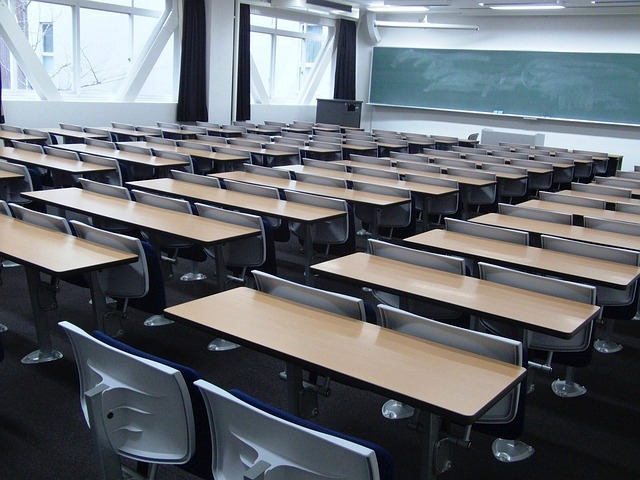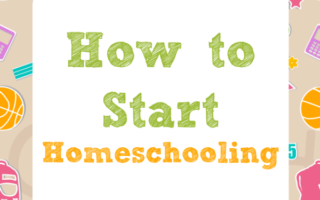As a parent, one of the most important decisions you will make is where to send your child to school. With a seemingly endless array of options, it can be overwhelming to determine which educational path is best for your child. In recent years, the debate between traditional school and homeschool has become increasingly prevalent. So, which one is better for your child? In this article, we will explore the pros and cons of both traditional schooling and homeschooling to help you make an informed decision for your child’s education.
The Advantages of Traditional Schooling
- Free Babysitting – One of the primary benefits of traditional schooling is the opportunity for children to be watched, for free, through the public school system. Many homeschool families have to pay for childcare services during this time.
- Qualified Educators – Traditional schools boast a team of qualified and experienced educators who are trained to teach a wide range of subjects. These professionals have a deep understanding of curriculum and pedagogy, which can be difficult for parents to replicate at home.
- Structure & Routine – Traditional schools offer a structured and routine environment for students, providing them with a sense of consistency and stability. This can be particularly beneficial for children who thrive on routine and struggle with change.
The Disadvantages of Traditional Schooling
- Limited Personalized Attention – In traditional schools, teachers must cater to the needs of an entire class, which can make it challenging to provide individualized attention to each student. This can be problematic for children who require additional support or have specific learning needs.
- Lack of Flexibility – Traditional schools operate on a fixed schedule, with set times for arrival, classes, and extracurricular activities. This rigid structure can be limiting for families with busy schedules or who want to incorporate more hands-on or unconventional learning methods.
- Large Class Sizes – With school budgets becoming increasingly strained, class sizes are often growing larger. This makes it difficult for teachers to give each student the attention they need. This can result in students falling behind or not receiving the necessary support to excel in their studies.
The Advantages of Homeschooling
- Personalized Education – One of the biggest benefits of homeschooling is the ability to tailor your child’s education to their specific needs and learning style. Parents can create personalized lesson plans, choose specialized curriculum, and provide one-on-one instruction to ensure their child reaches their full academic potential.
- Flexible Schedule – Homeschooling offers families the flexibility to create their own schedule. This can be beneficial for students who may struggle with traditional school hours or have other commitments that require a different schedule. Additionally, this flexibility allows parents to incorporate real-life experiences and hands-on learning opportunities into their child’s education.
- Stronger Parent-Child Bond – By homeschooling, parents spend more time with their child and become more involved in their education. This can strengthen the parent-child bond and create a closer relationship between the two.
The Disadvantages of Homeschooling
- Limited Socialization – One of the most common criticisms of homeschooling is that it limits socialization opportunities for children. While homeschooling can provide a strong family bond, it may lack exposure to diverse social interactions with peers. (However, we’ll discuss in another post how with co-ops and community classes, homeschool kids frequently experience MORE SOCIALIZATION than their peers stuck in traditional classroom environments).
- Lack of Accreditation – Homeschooled students are not typically accredited by state standards and may not have access to certain extracurricular activities offered by traditional schools. This can make it difficult for homeschooled students to gain admission to some colleges and universities. (However, this isn’t always the case. Sometimes, universities PREFER homeschoolers).
- Parents Must Take on the Role of Educator – Homeschooling requires a significant amount of time and effort from parents. Parents often must take on the role of educator. This can be daunting for parents who may not have a teaching background or who struggle with time management.
When deciding between traditional school and homeschooling, it is essential to consider your child’s individual needs and learning style. Ultimately, the best option will depend on what works best for your family and your child’s academic needs. Whichever path you choose, it is important to prioritize your child’s education and make the most informed decision possible.




